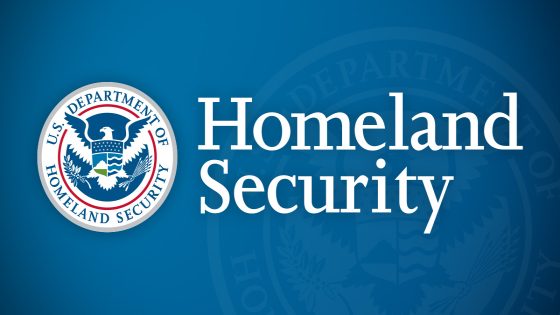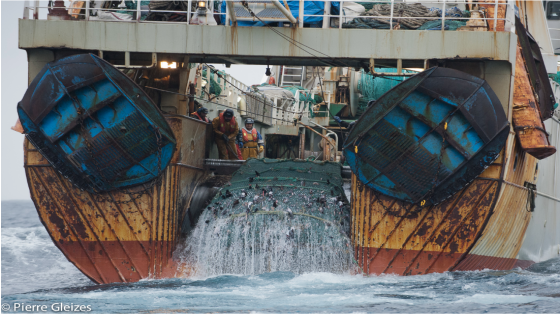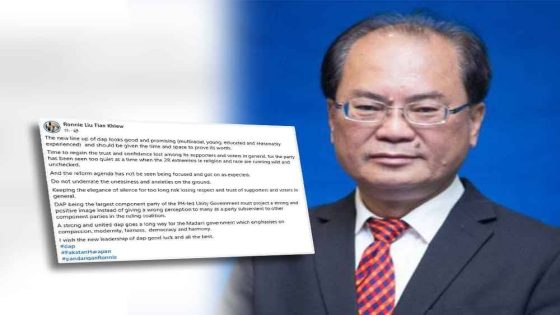On January 21, 2025, in Washington, Acting Department of Homeland Security Secretary Benjamine Huffman announced two directives aimed at enhancing law enforcement’s ability to manage immigration at the southern border. The directives are designed to revoke previous guidelines that limited enforcement actions and reform the humanitarian parole process.
- Acting DHS Secretary issues two directives
- Rescinds Biden Administration's ICE guidelines
- Ends broad abuse of humanitarian parole
- Enforcement actions near "sensitive" areas allowed
- Parole programs to follow case-by-case basis
The first directive rescinds guidelines from the Biden Administration that restricted Immigration and Customs Enforcement (ICE) and Customs and Border Protection (CBP) operations in sensitive areas. The second directive reinstates a case-by-case approach for humanitarian parole, phasing out non-compliant programs.
The recent announcements by Acting DHS Secretary Benjamine Huffman mark a significant shift in U.S. immigration policy. The changes aim to bolster law enforcement capabilities in addressing challenges at the southern border. By revoking previous restrictions on ICE and CBP activities, the government is positioning itself to respond more effectively to illegal immigration.
Key details of the directives include:
- The elimination of limitations on ICE and CBP operations in sensitive areas.
- A return to a case-by-case evaluation for granting humanitarian parole.
- A phased termination of any existing parole programs not aligned with legal requirements.
This move comes amid ongoing debates about border security and immigration reform in the united states. By empowering law enforcement agencies, officials hope to address concerns regarding illegal crossings while ensuring that humanitarian considerations are appropriately managed under established legal frameworks.
The directives issued by Acting Secretary Huffman represent a decisive step towards stricter enforcement of U.S. immigration laws at the southern border. As these changes take effect, they will likely influence both operational practices within DHS and broader discussions surrounding immigration policy across North America.






























